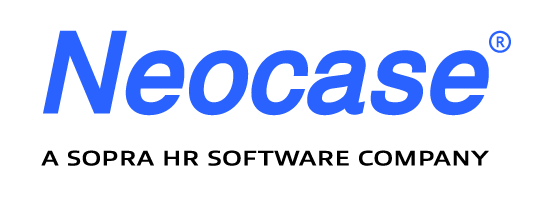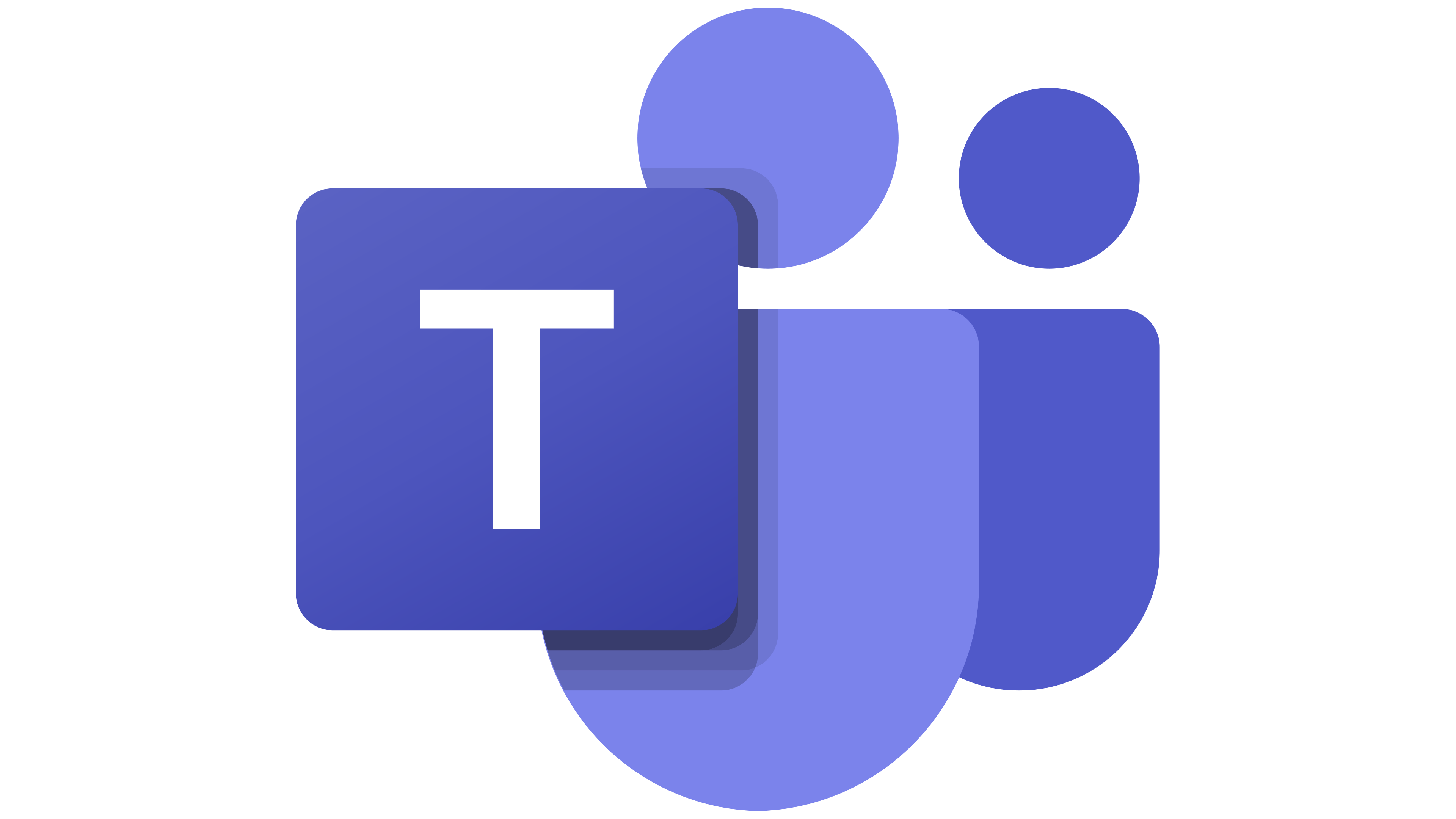If you're trying to improve the culture at your workplace, you always need to get a handle on the way you manage employee relations.
Human Resource (HR) management is worth more than $19 billion globally right now. This is an indicator of just how important it is for companies to invest in the best HR services to provide the best experience for an organizations people.
Those in the HR field also know that there are some inherent challenges that they're facing in 2023 and beyond. Which challenges are the most pressing?
Here are some helpful tips that will help you navigate the unique challenges of HR within this industry, so that you can tackle these HR challenges head-on.
Changes in the Work Environment
Today's HR professional are dealing with a new and evolving work environment. Perhaps most notably, remote work is here to stay.
In the next few years, 73% of departments in businesses across the US will have people working remotely. Remote workers say that they are happier, more focused, and prefer remote work to the traditional workplace.
HR professionals must adapt to these changes and recognize that this is not a future need, but our new reality. Many HR professionals are caught playing catch up to today's world, with the drastic change of the work environment happening over the last few years, and learn to manage people and communicate without being in person.
This means doubling down on the right tools that allow HR and employees to:
- Reduce their time on routine tasks with automated processes that feel effortless
- Easy access to important information, when it’s needed on any device
- A digital experience to access HR and support remote workers
- Digital document management that allows for easy storage and compliance across all teams in an organization
- They need to have the support and experience to choose the best technology that will solve HR’s biggest problems. The impact? This will help the professional services company meet its overall needs and goals. Because happy employees results in happy customers!
You're likely to have an increase in remote work and hybrid teams as the years move along, so consistently upgrade your infrastructure and processes to make sure you're prepared for these changes.
Turnover in the Professional Services Industry
Turnover is another challenge that HR professionals face. The average turnover rate is 20% right now in United States.
The professional services industry is hit particularly hard by turnover, which is why today's HR professional needs to have a strong focus on retention.
When you can bolster employee retention in your professional services company, it makes the workplace stronger as a whole.
Some ways to build employee retention include:
- Taking an interest in employees and investing in their career development long-term
- Creating a stronger company culture
- Helping employees achieve a work-life balance that suits their needs
- Recognizing achievements and helping employees know they’re appreciated
- Establishing strong mentorship programs
- Creating better experiences for onboarding, crossboarding, and at each step of an employee’s lifecycle
- Seeking feedback and allowing employees to have a voice and play a role in the direction of the company
You can minimize HR mistakes and reduce turnover when you understand the employee journey to the fullest. The more you invest in employees, the stronger the foundation you'll build for the company.
Training and Developing Skilled Employees
Companies in professional services are only as strong as their leaders. HR Professionals play a big role in helping professional services companies train and develop the professionals that will lead the company into the next generation.
We're facing a talent shortage in the professional services industry, and this weakens the service and effectiveness they can provide to other companies. HR pros need to pinpoint potential in employees while also providing growth and development opportunities.
Invest in executive education and make sure you're readily offering training modules, courses, and opportunities for your future leaders to advance.
Properly Compensating Your Staff
People working within professional services need to be competitively compensated for the work they do.
HR pros must be able to properly compensate their talent in a world where everyone is tightening their wallets. This will continue to be a challenge since inflation is growing, interest rates are on the rise, and talks of a recession are looming.
Professional services employees also want competitive benefits packages, travel opportunities, and other perks.
Health and Wellness in the Workplace
We also live in a time in which companies are focusing on health and wellness. Employees that are healthy and happy will also be more productive and fulfilled in the workplace.
HR professionals today are expected to implement employee wellness programs. These programs stress things like:
- Gym and fitness opportunities
- Wellness competitions and resources
- Offering nutritional snacks and food in the workplace
- Consistent seminars and information sessions on heart health, fitness, and self-care
- Providing mental health services
- Providing education and programs to promote work-life balance
Promoting health and wellness in the workplace is a long-term investment. It also reduces the number of sick days that people take, it’s a fact!
Talent Acquisition Efforts
Learning to find the best talent is also a challenge for HR professionals in professional services today. HR pros need to learn to widen their net to find people all over the country, and in many cases, all over the world. There are fewer limitations on finding the best candidates, but also more competition.
HR pros might need to partner with hiring firms and do more research into acquiring the right talent for the company. Putting together the best team of professional services professionals is the best investment that a company can make, but easier said than done.
Recruiters and those professionals working in Talent Acquisition have had their work cut out for them over the last few years. With the rising costs of recruiting to find the right person for the job, talent acquisition professionals are having to get creative and look at different ways to bring in fresh, new people to the organization.
The importance for the HR team to work together and deliver a seamless employee experience across the employee journey continues to grow. From the first conversation with a candidate, through to their onboarding and beyond. This experience is no longer a “nice to have,” but rather an expectation from employees these days.
Invest in the right tools
We continue to experience more demand for digital transformation and the tools that we use need to deliver on more than just the basic features. HR is transforming the way they deliver experiences to an organizations people, and it’s imperative that they themselves are supported with the right tools.
When looking for solutions for digital transformation, the tools you choose should be:
- User friendly: the best solutions deliver a user experience that takes the guess work out it. Avoid tools that will cause your employees frustration and confusion!
- Accessible: more and more people are depending on varying devices to go about their day-to-day, and they expect the information they need to be at their fingertips, at any time.
- Flexible: the last few years have taught us a lot, and a main takeaway is that things can change at a moments notice. You need solutions that allow you to be flexible.
It's time to take action. Investing your time in solving these challenges is an investment into your people. And by taking the time to level-up your HR skills, you'll be an asset to your company and industry.

 Microsoft Teams
Microsoft Teams
 Workday
Workday
.png?width=1050&height=263&name=Resource%20Page_Featured%20Images%20(Blog%20Graphic).png)
